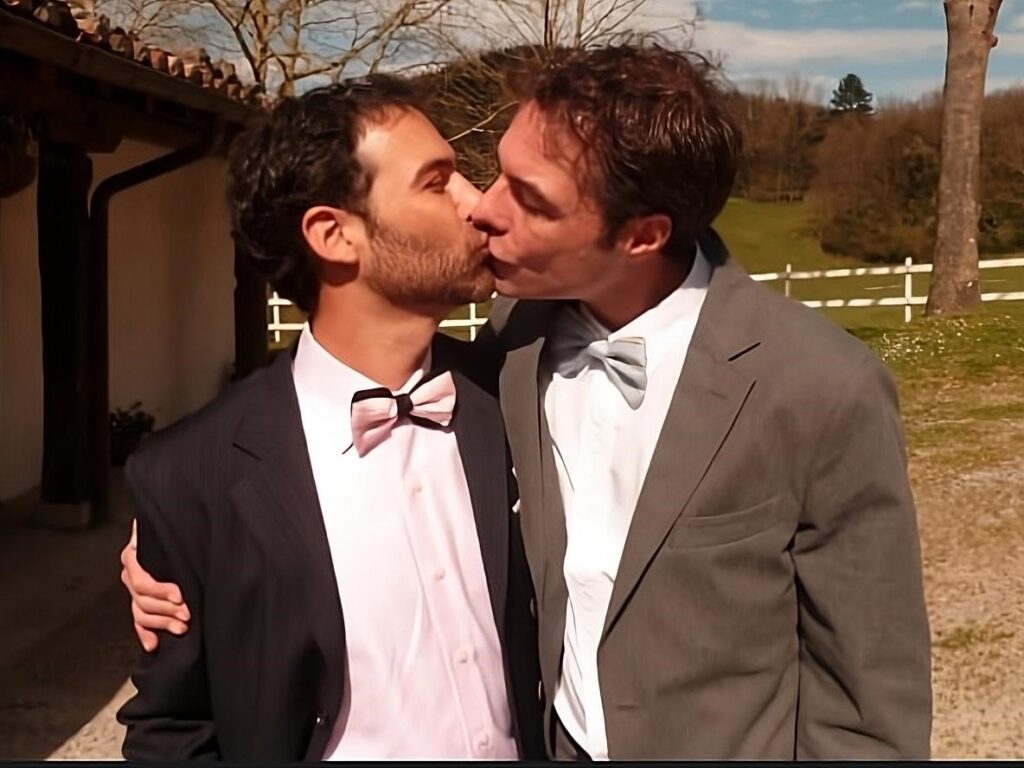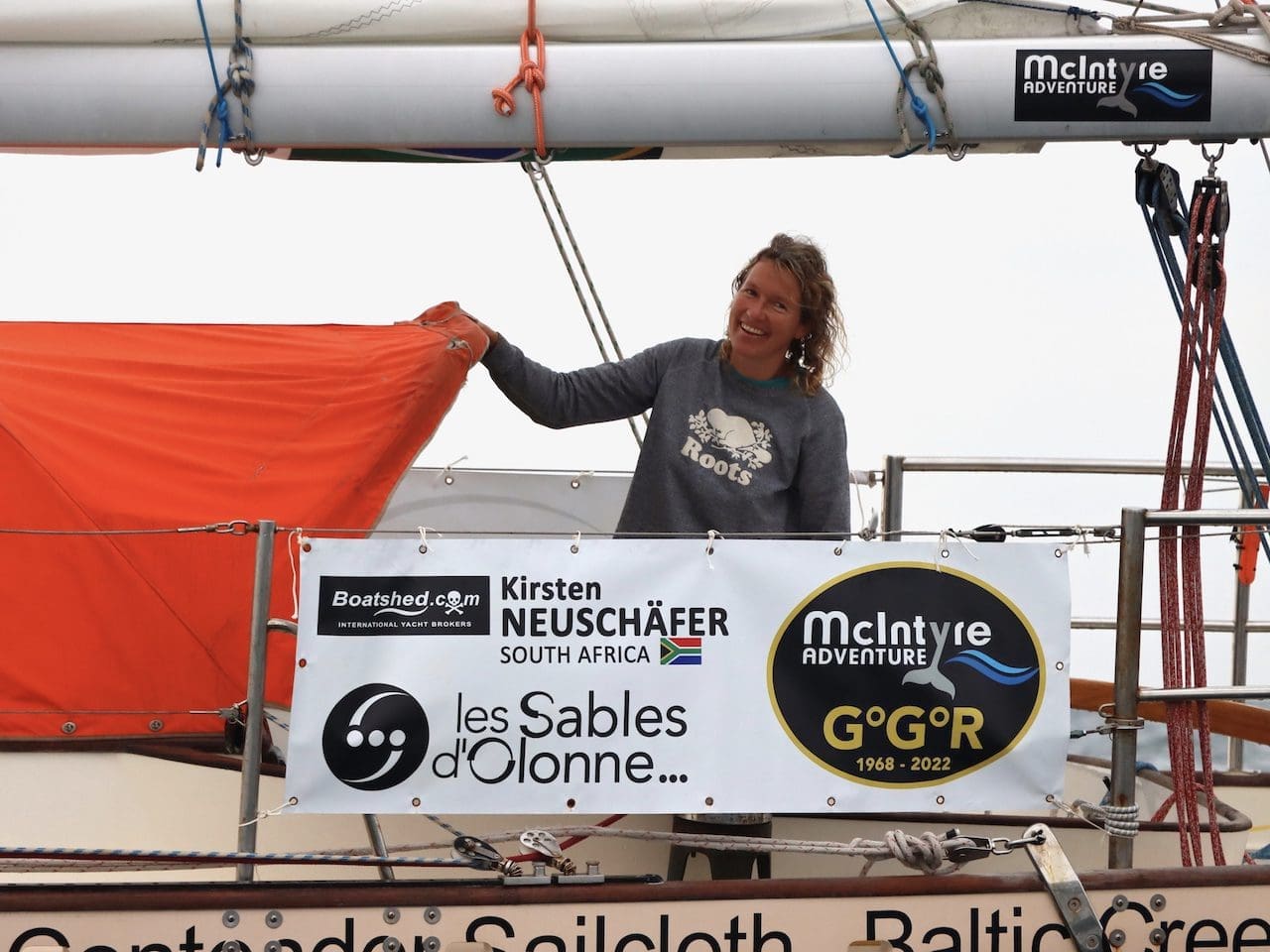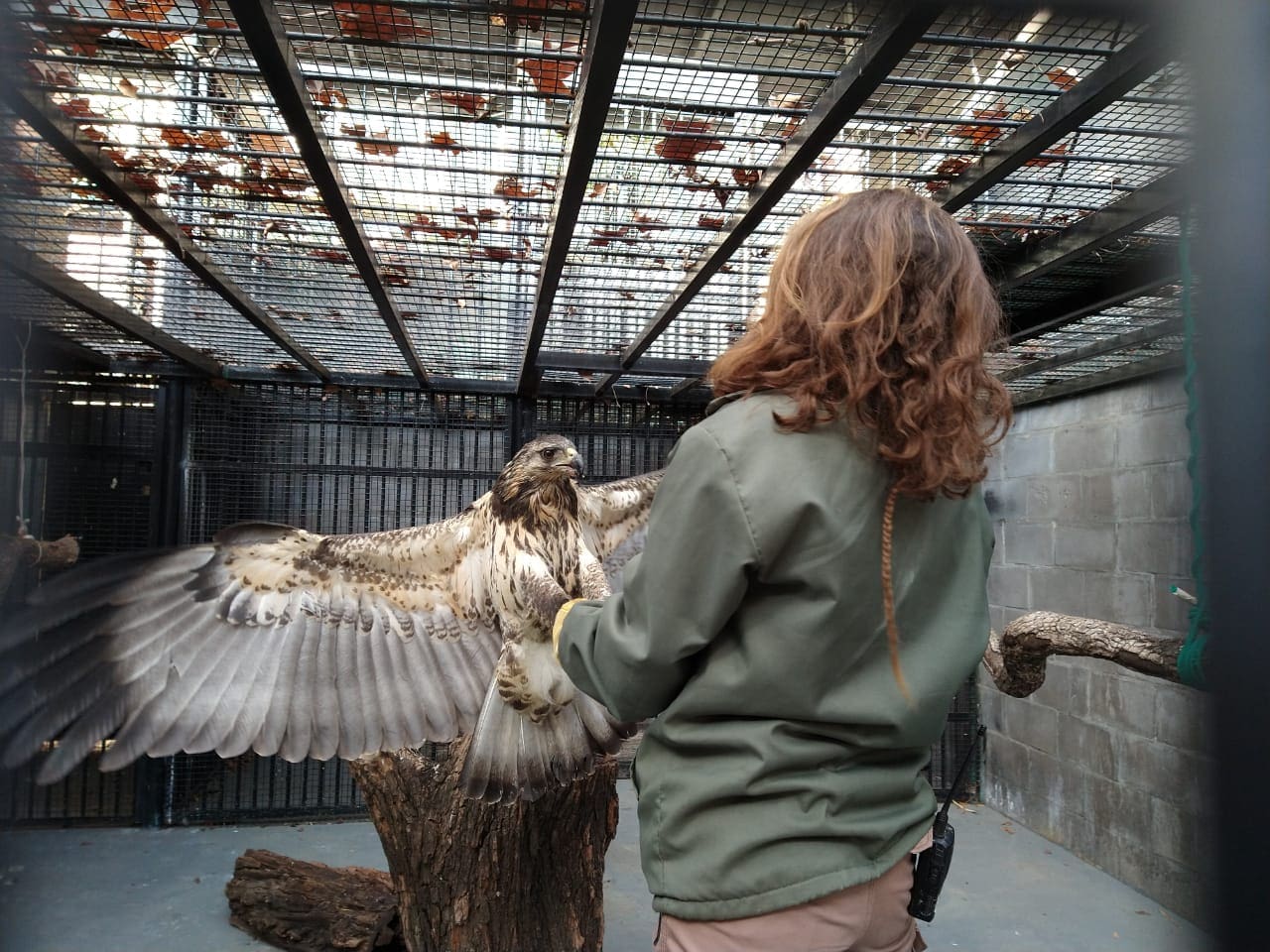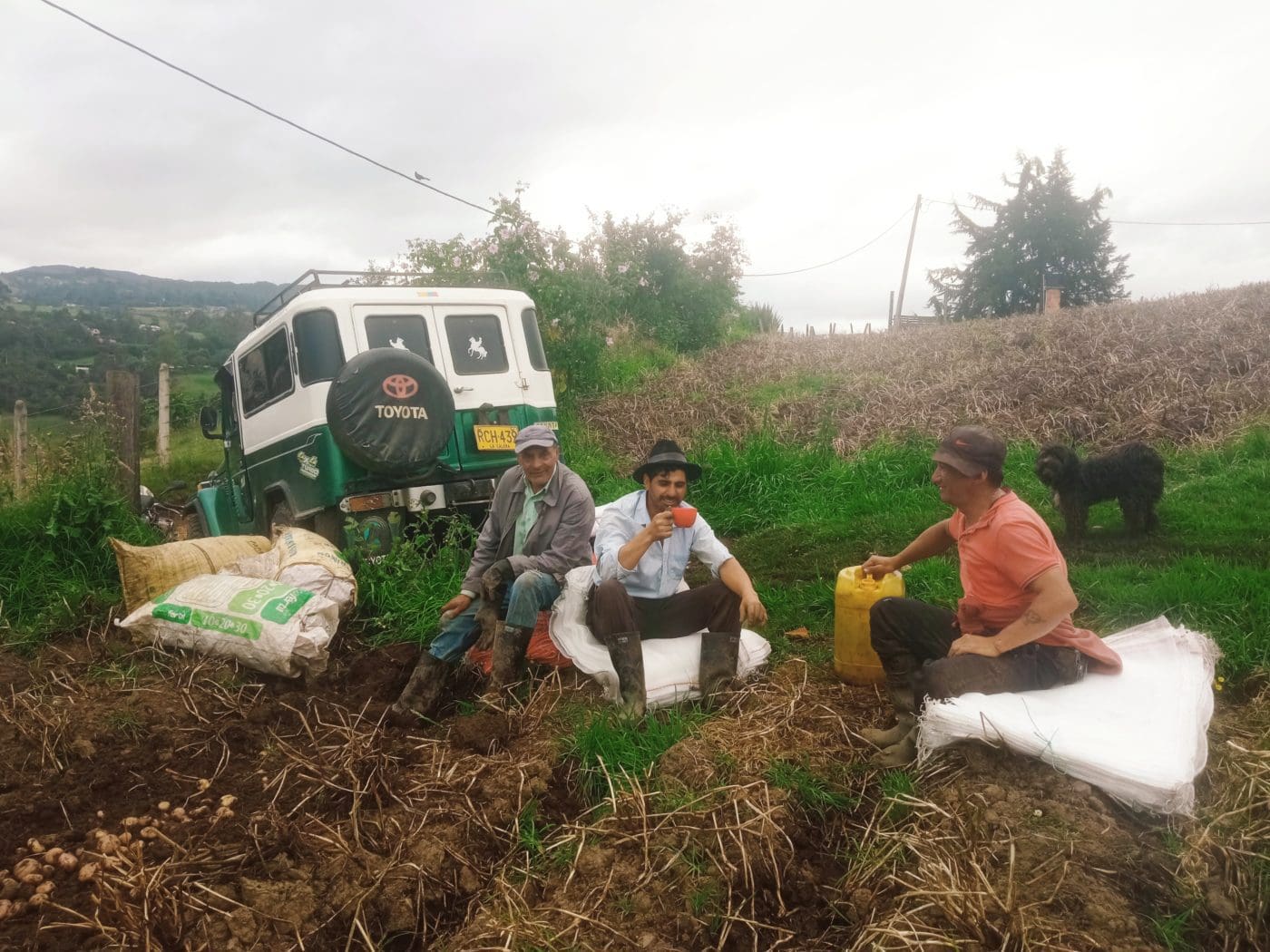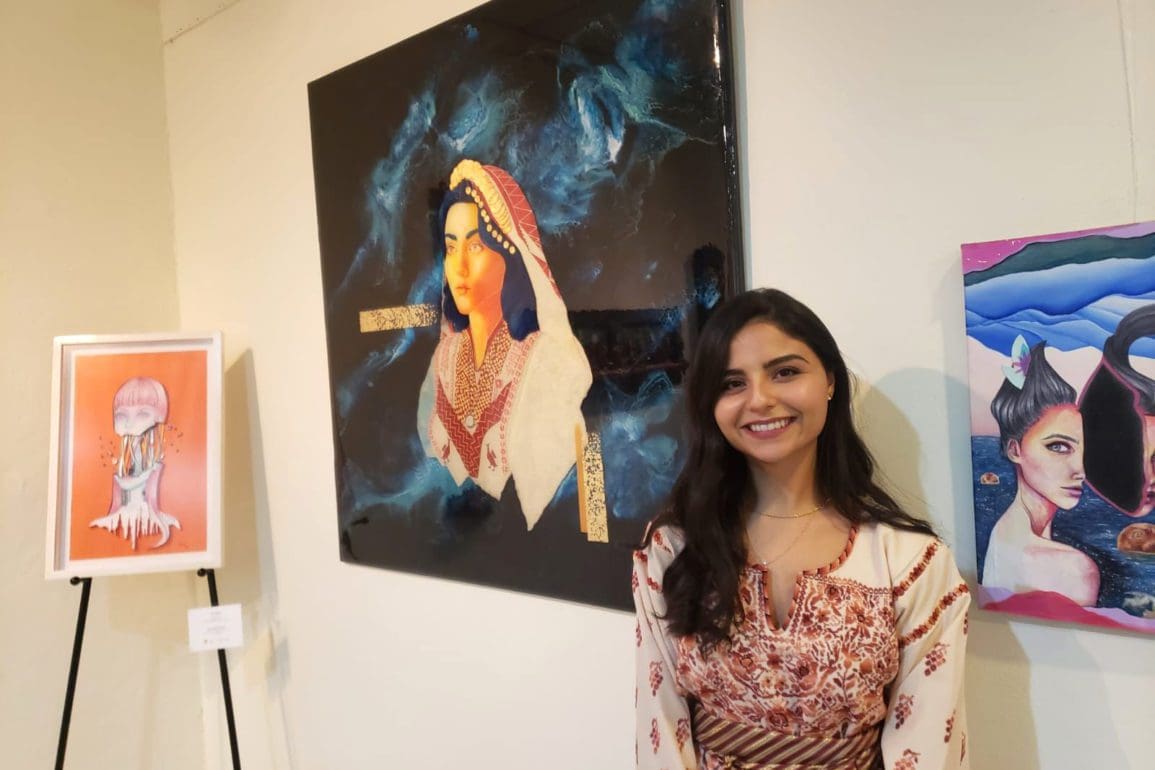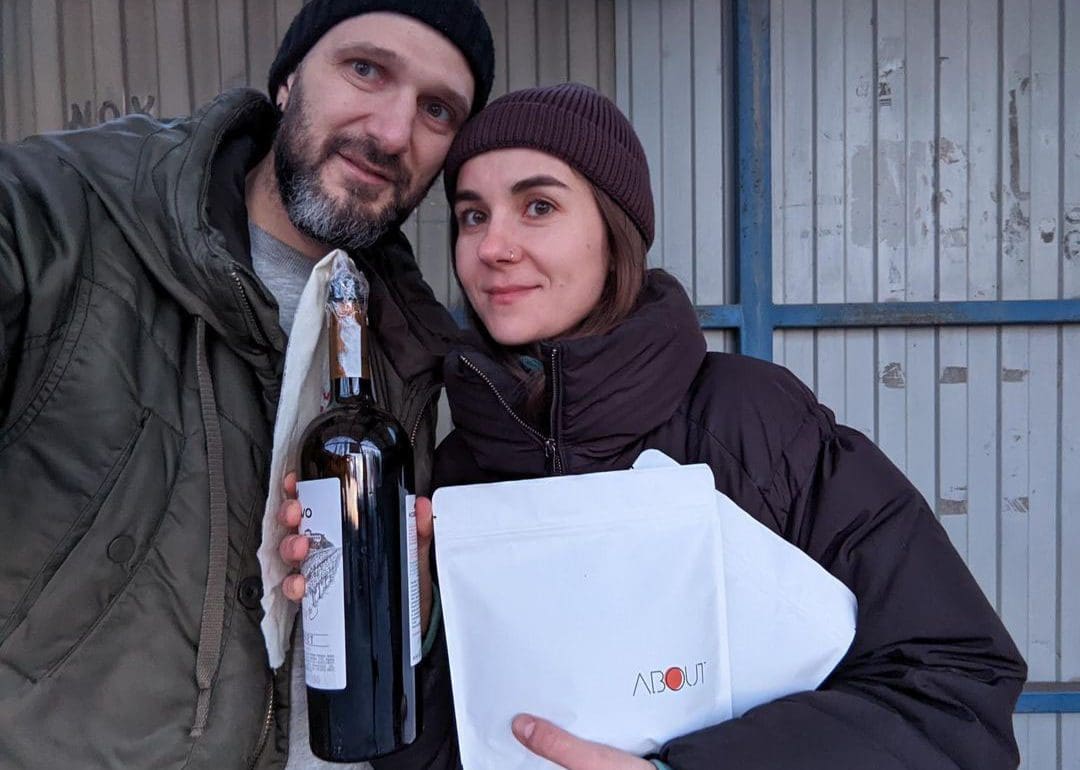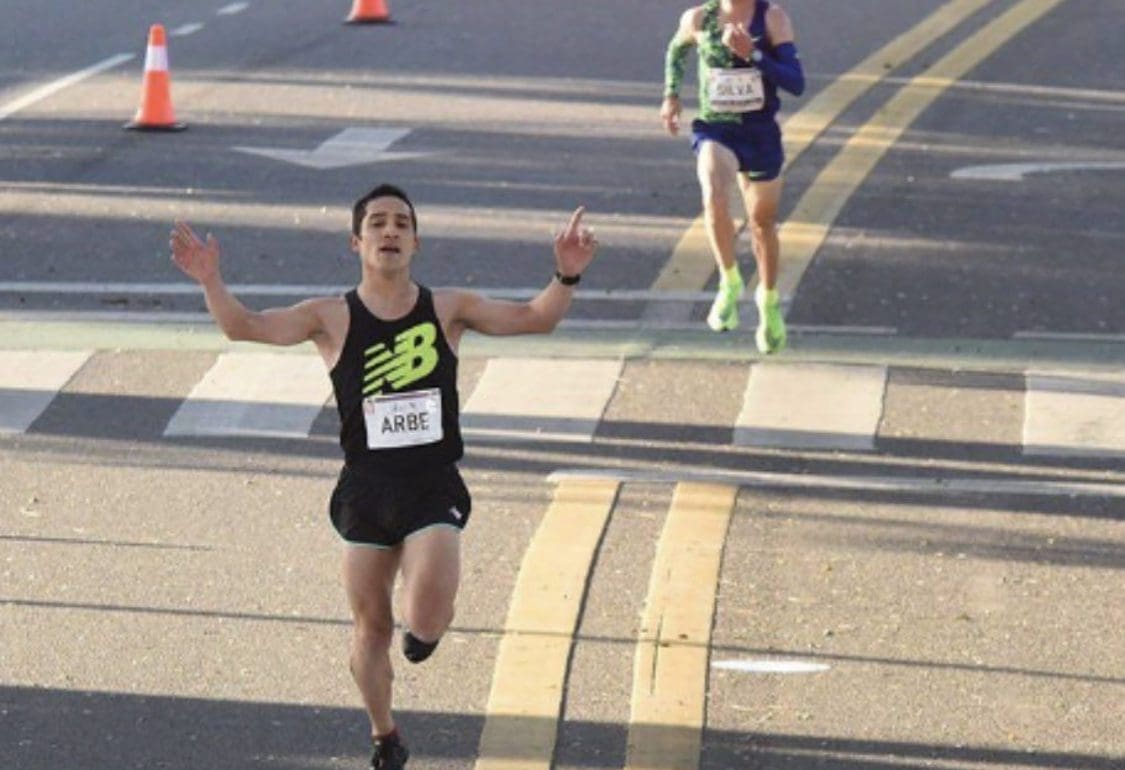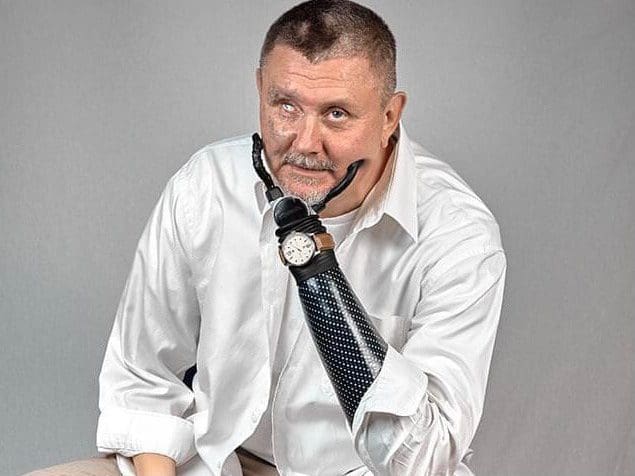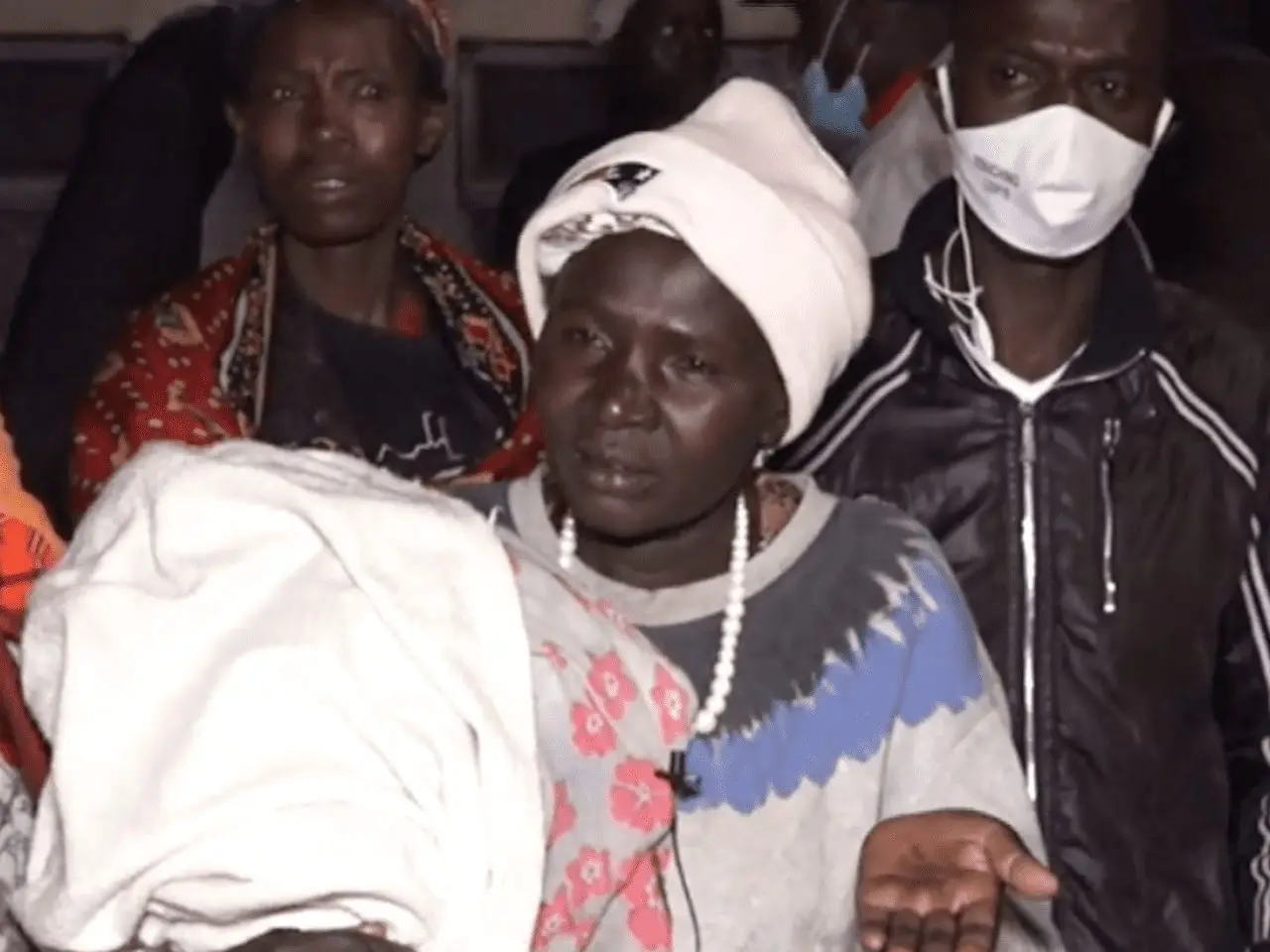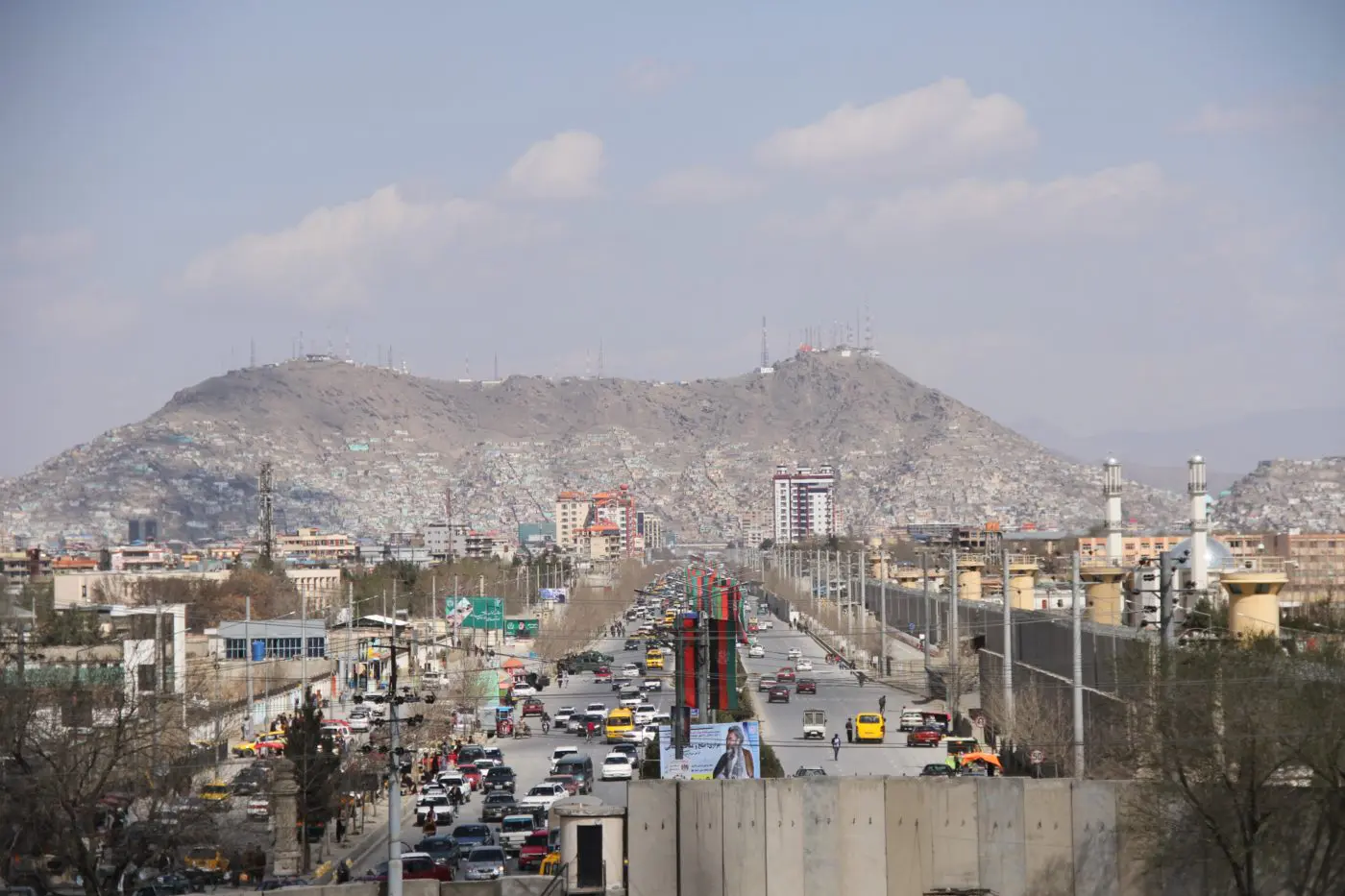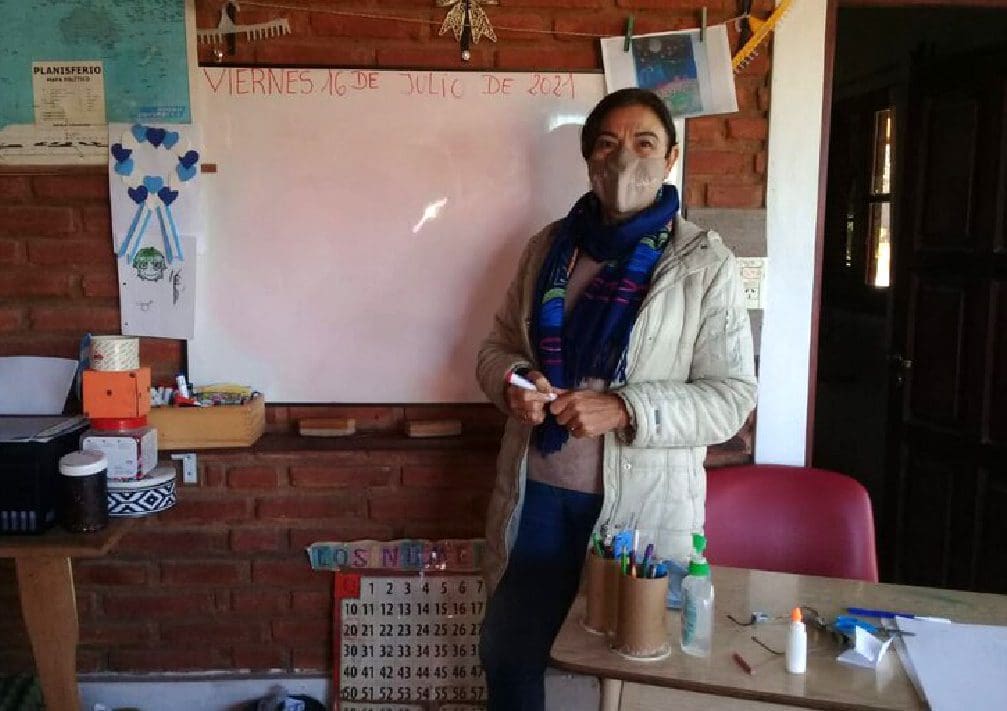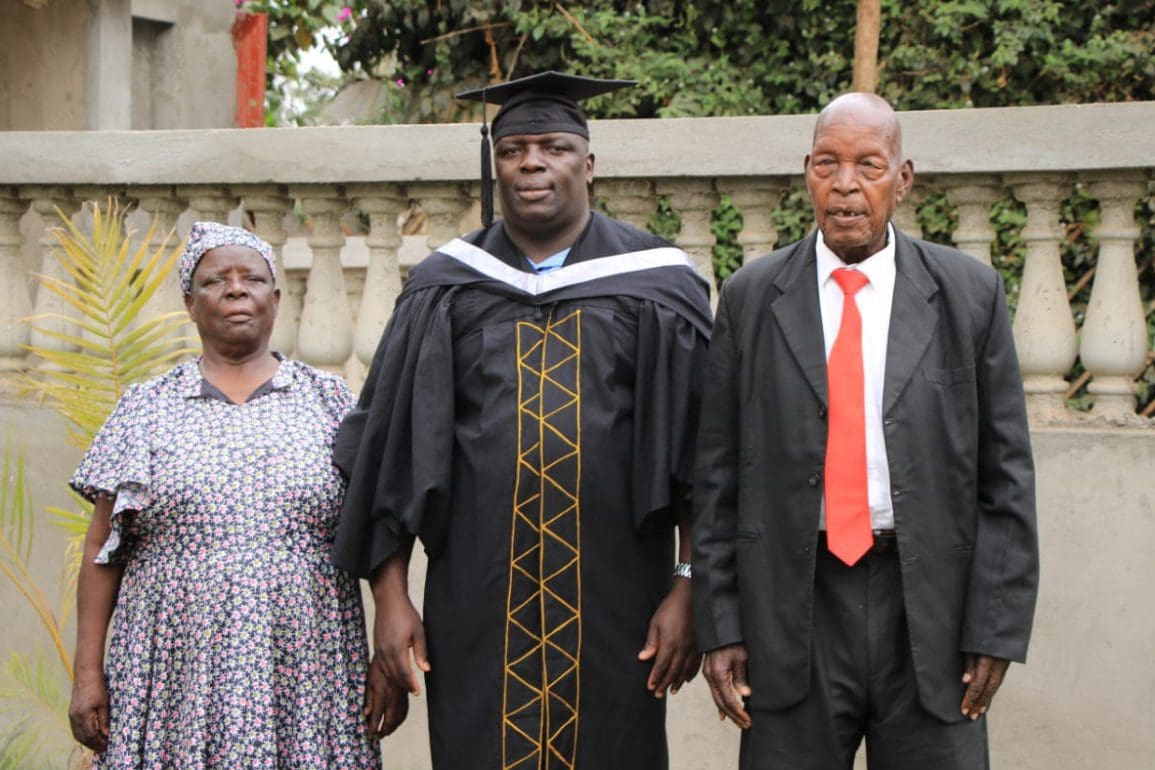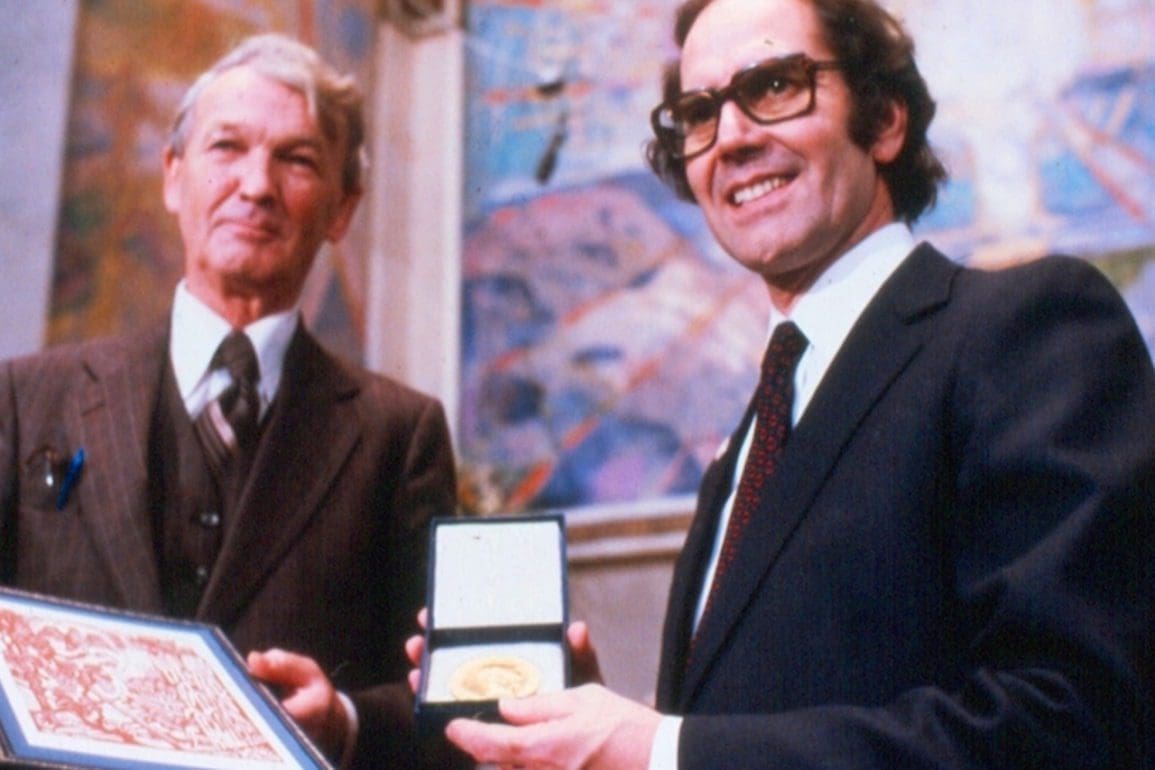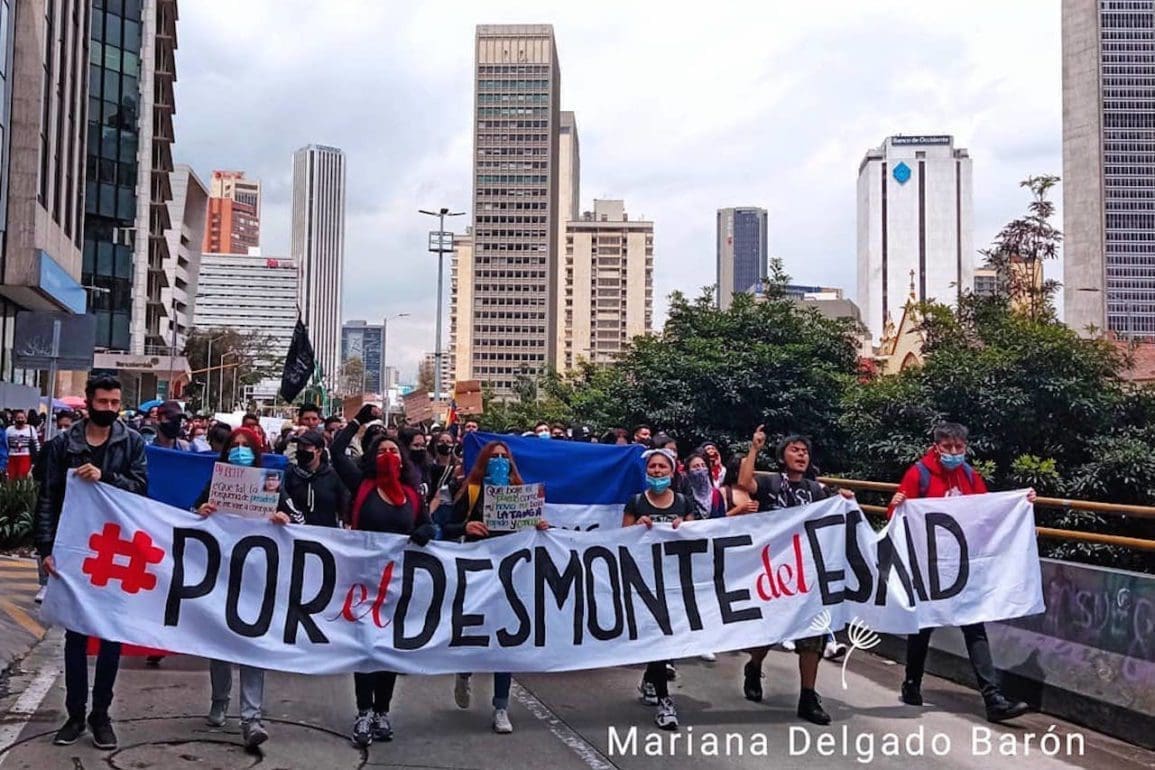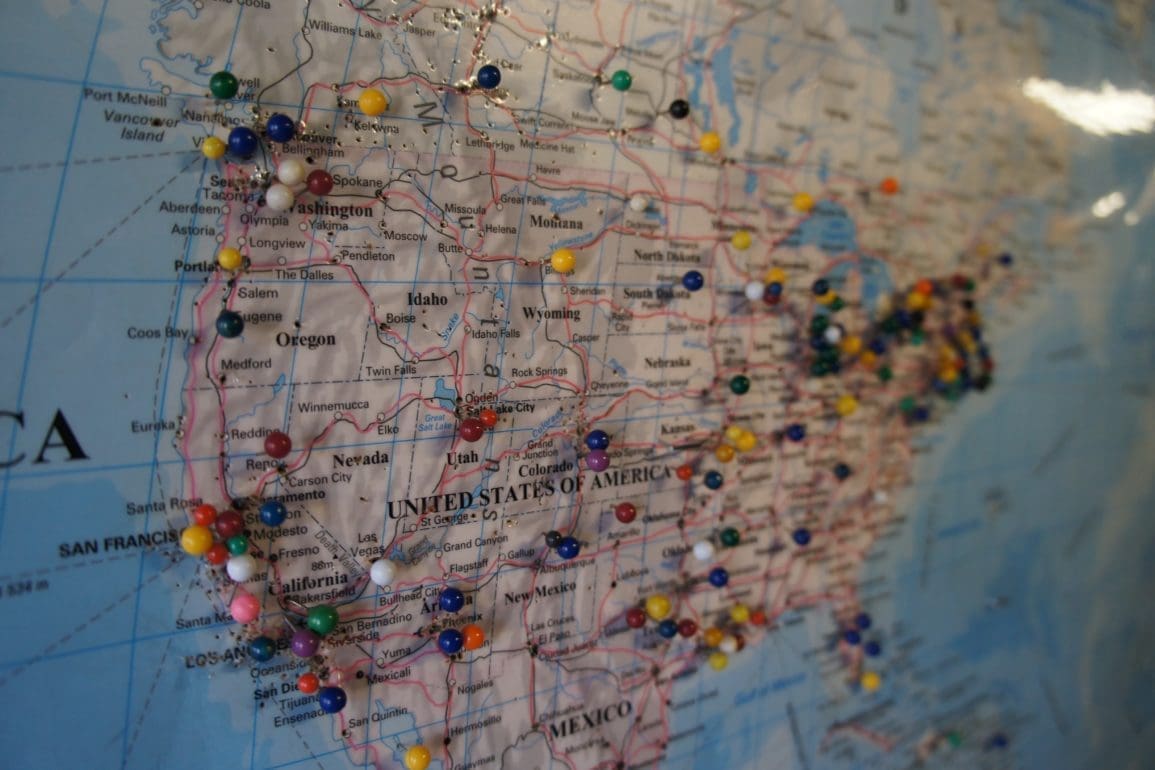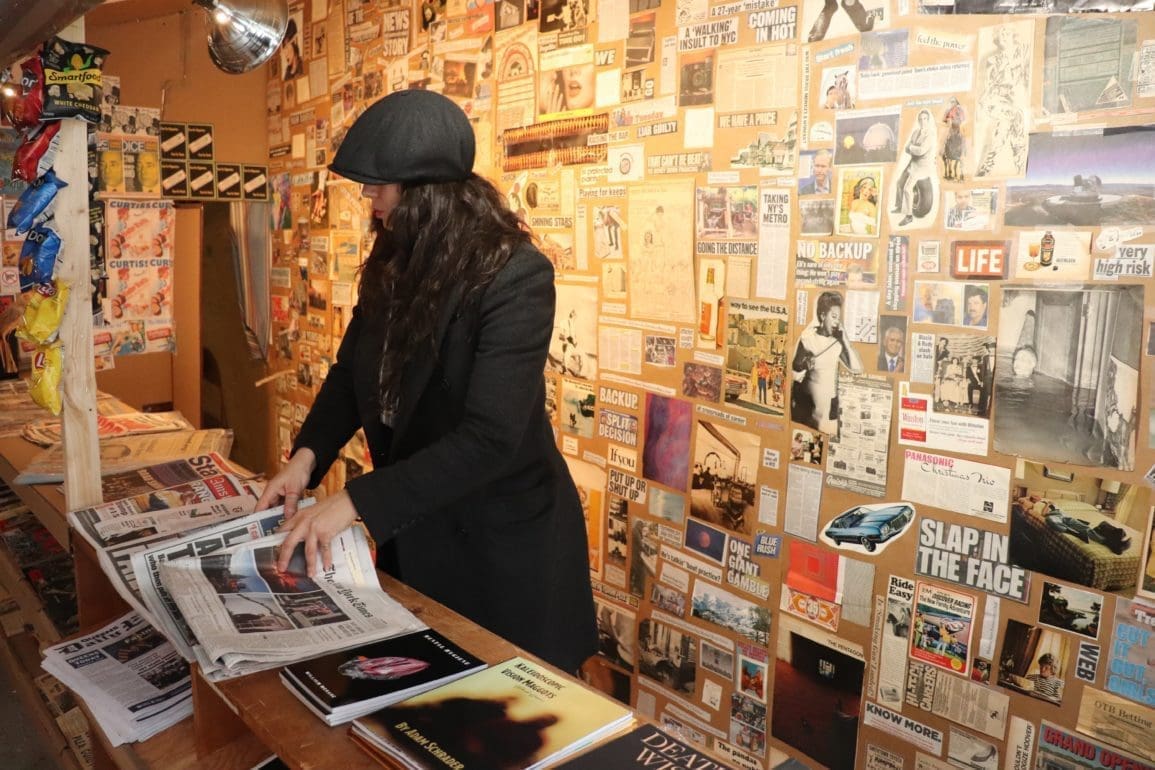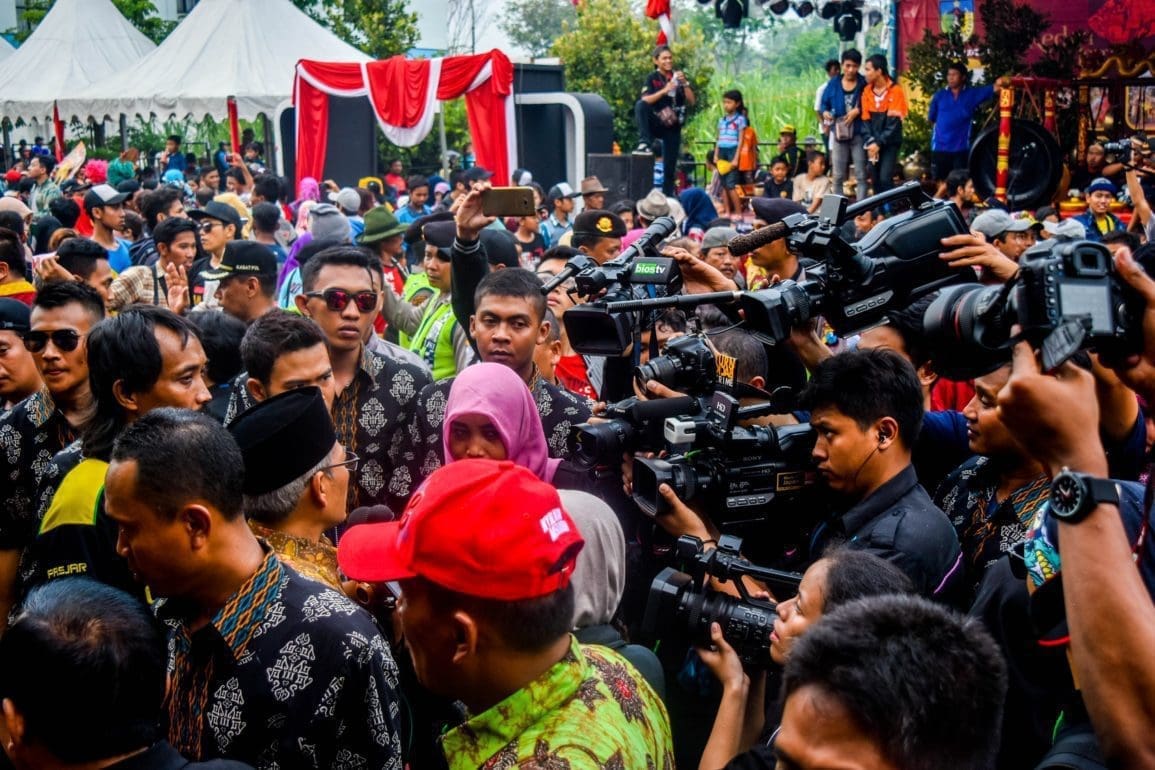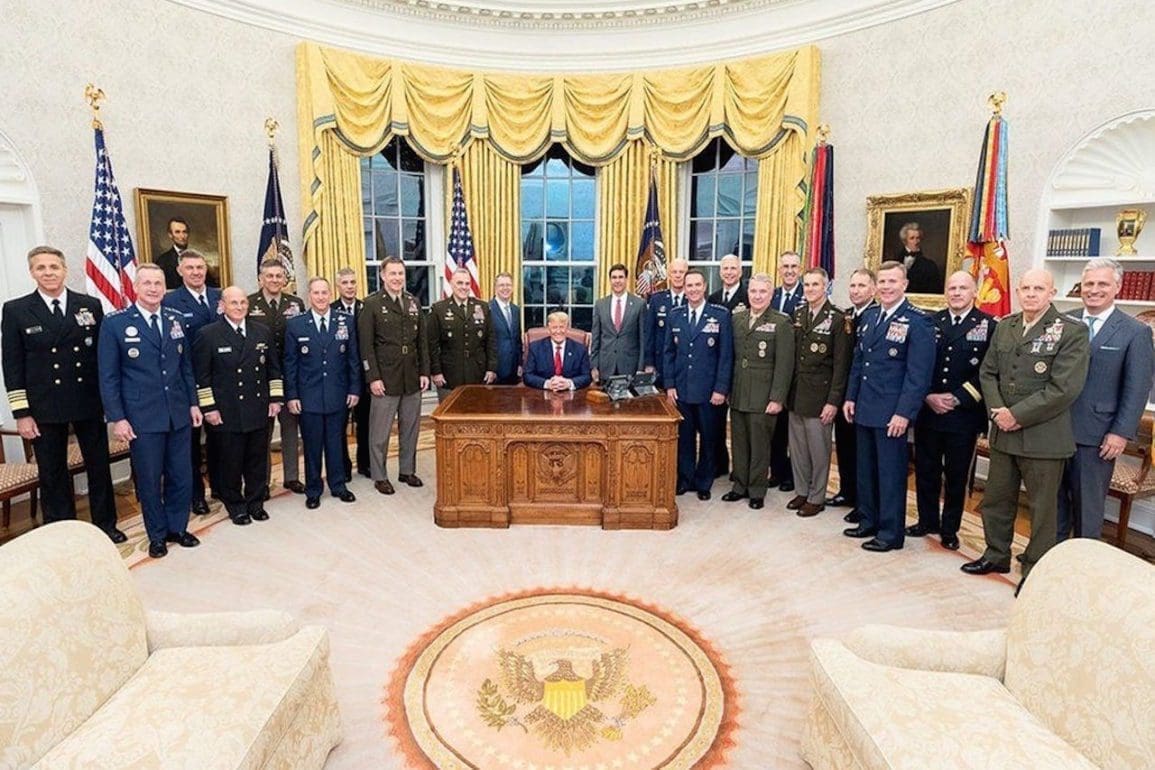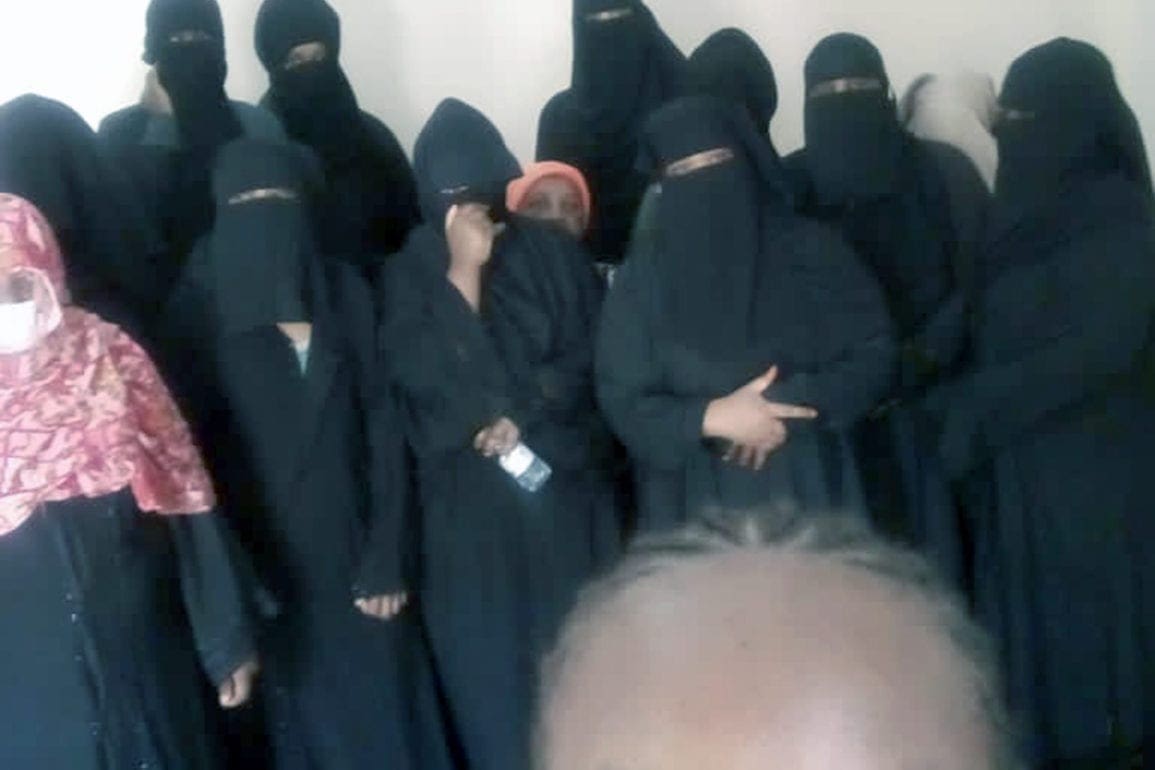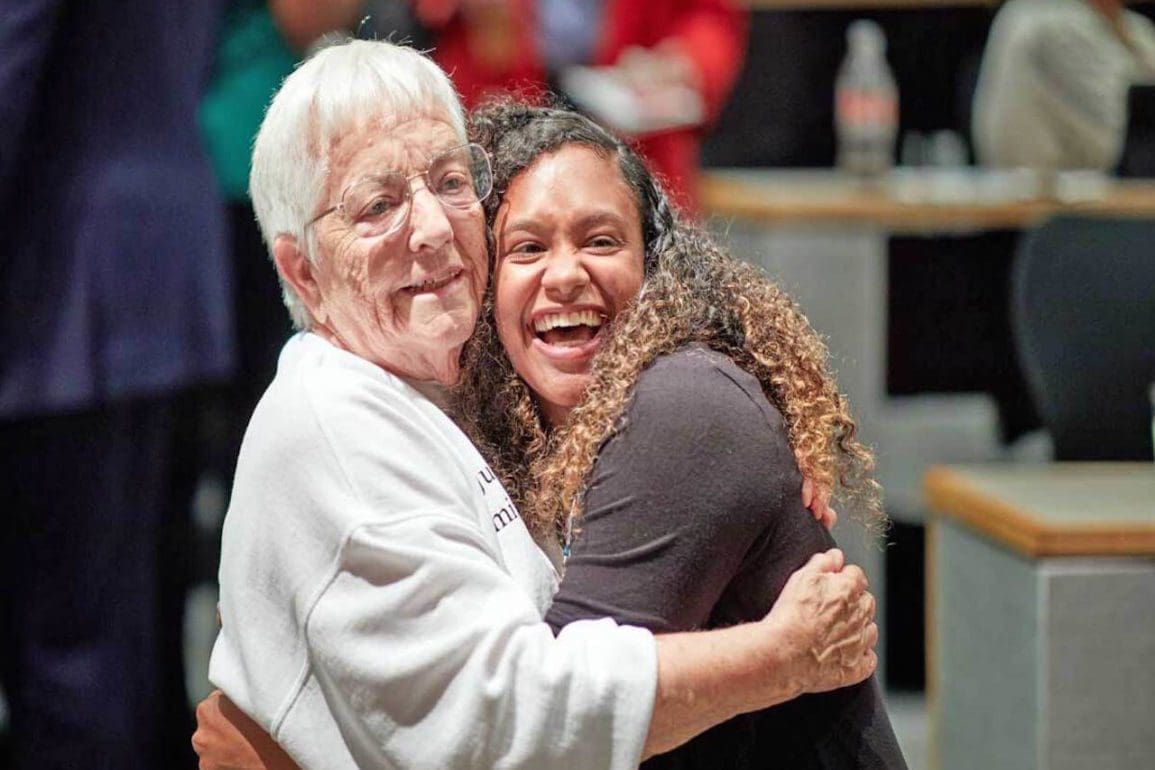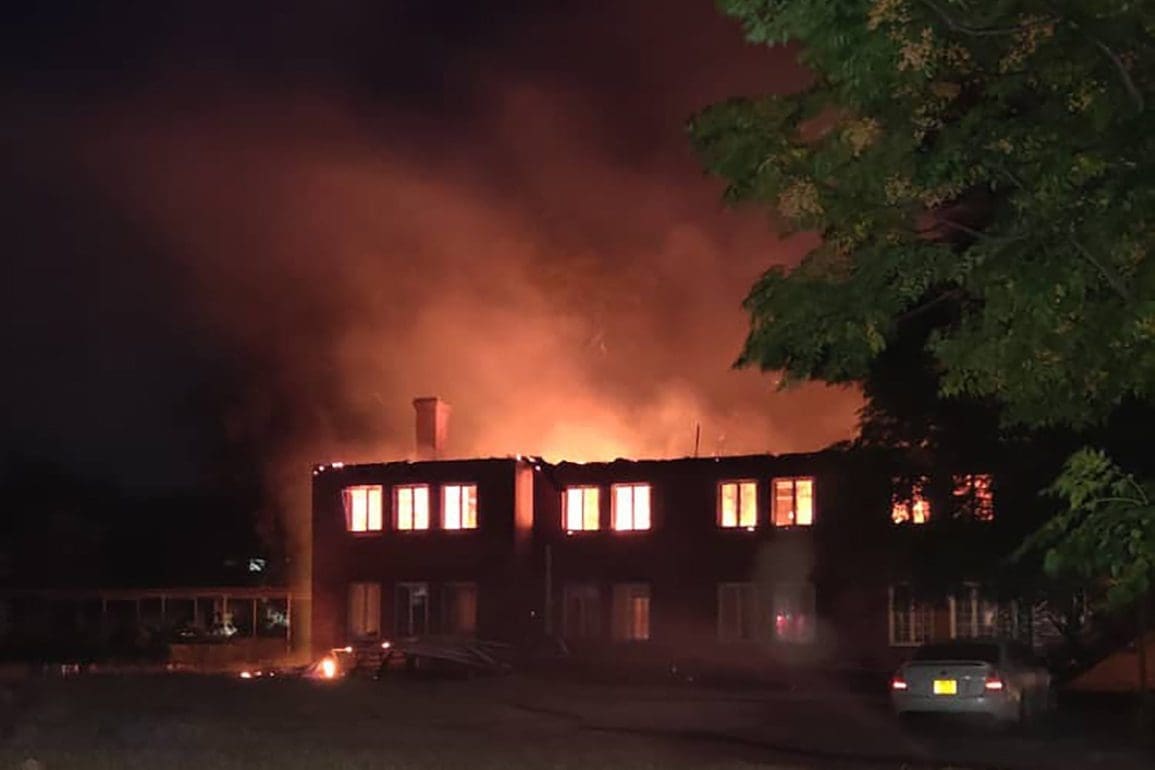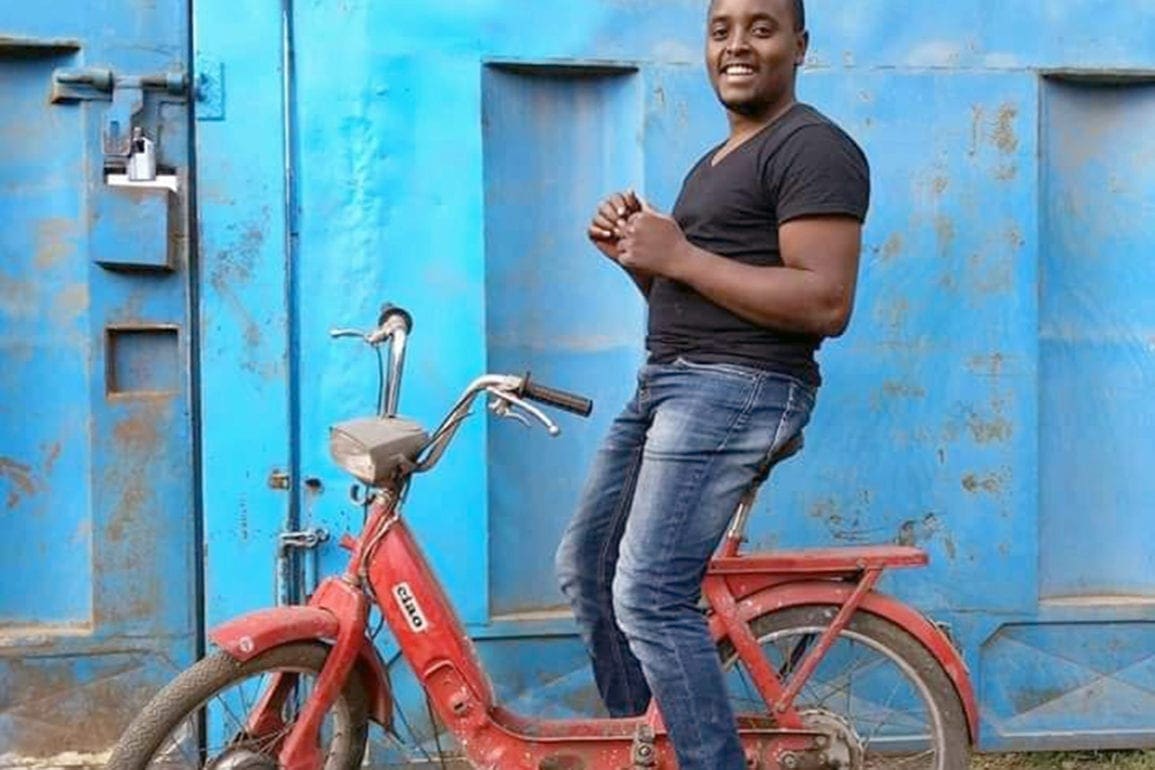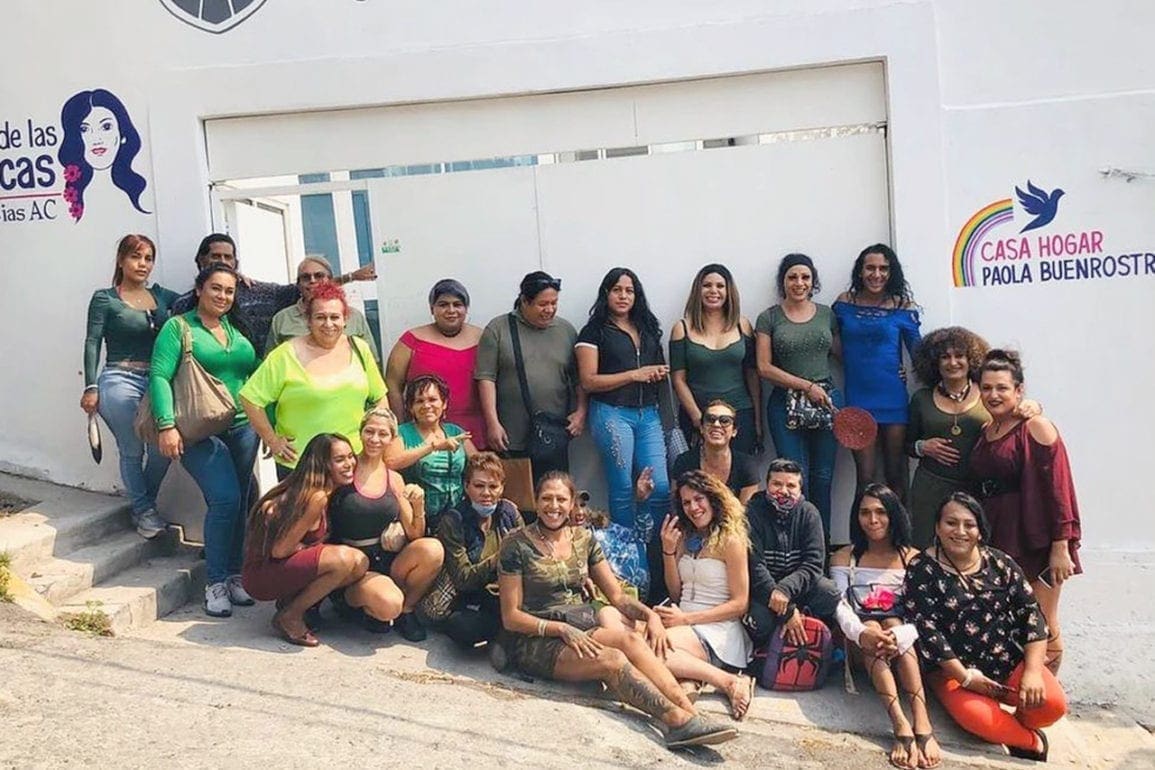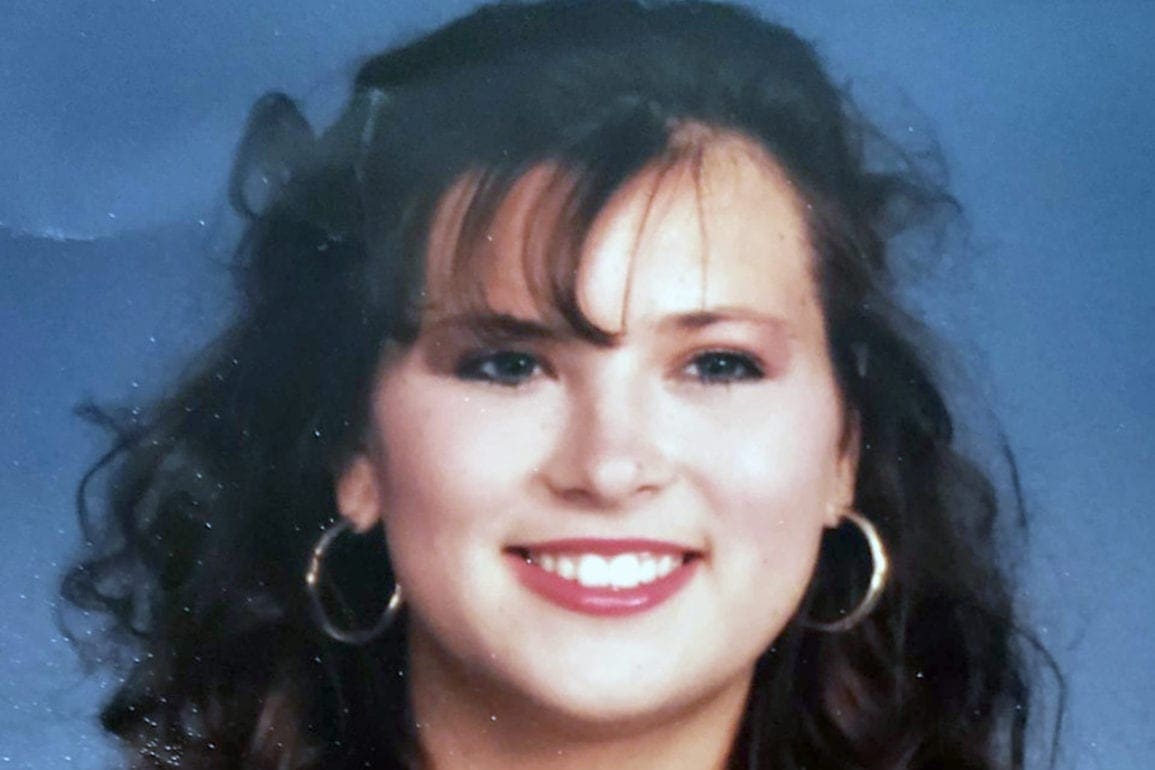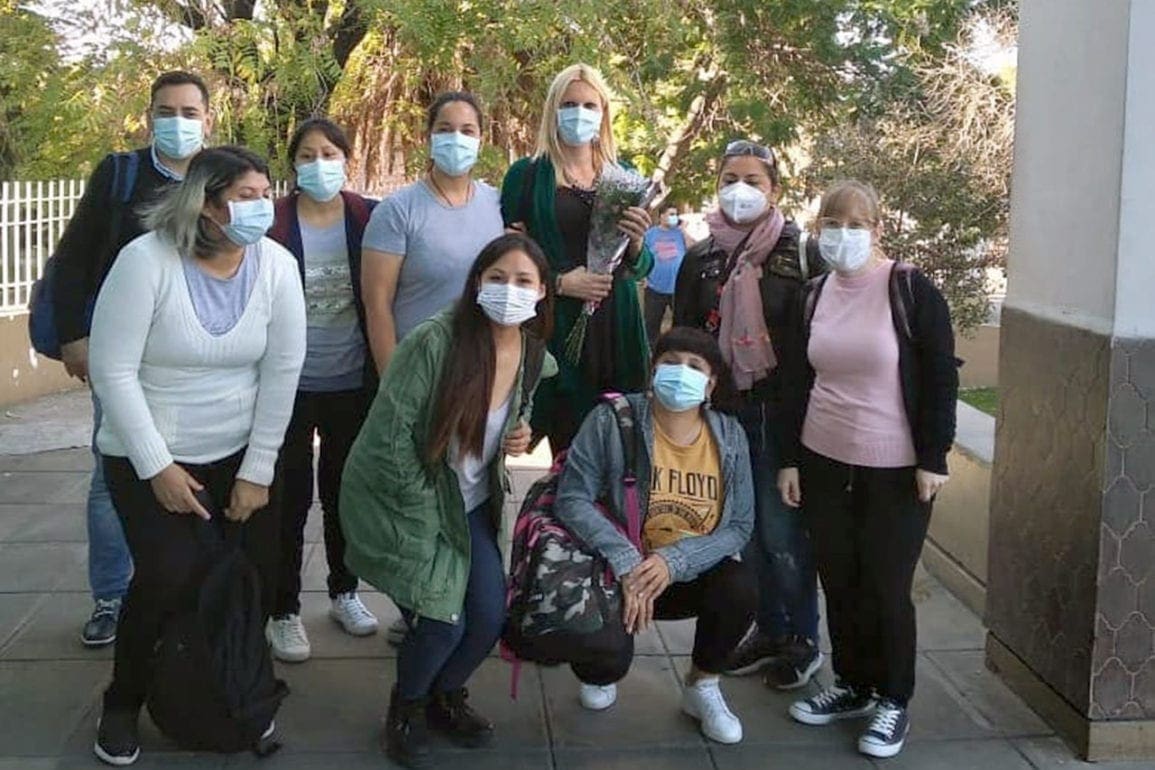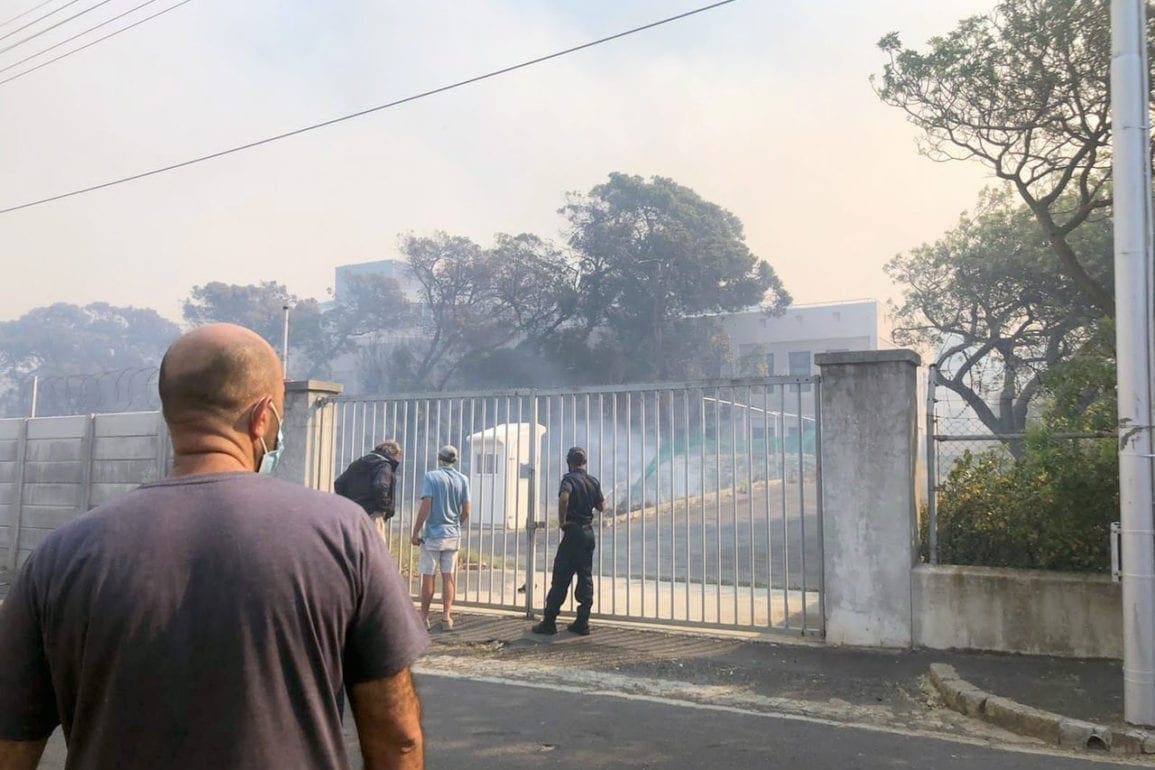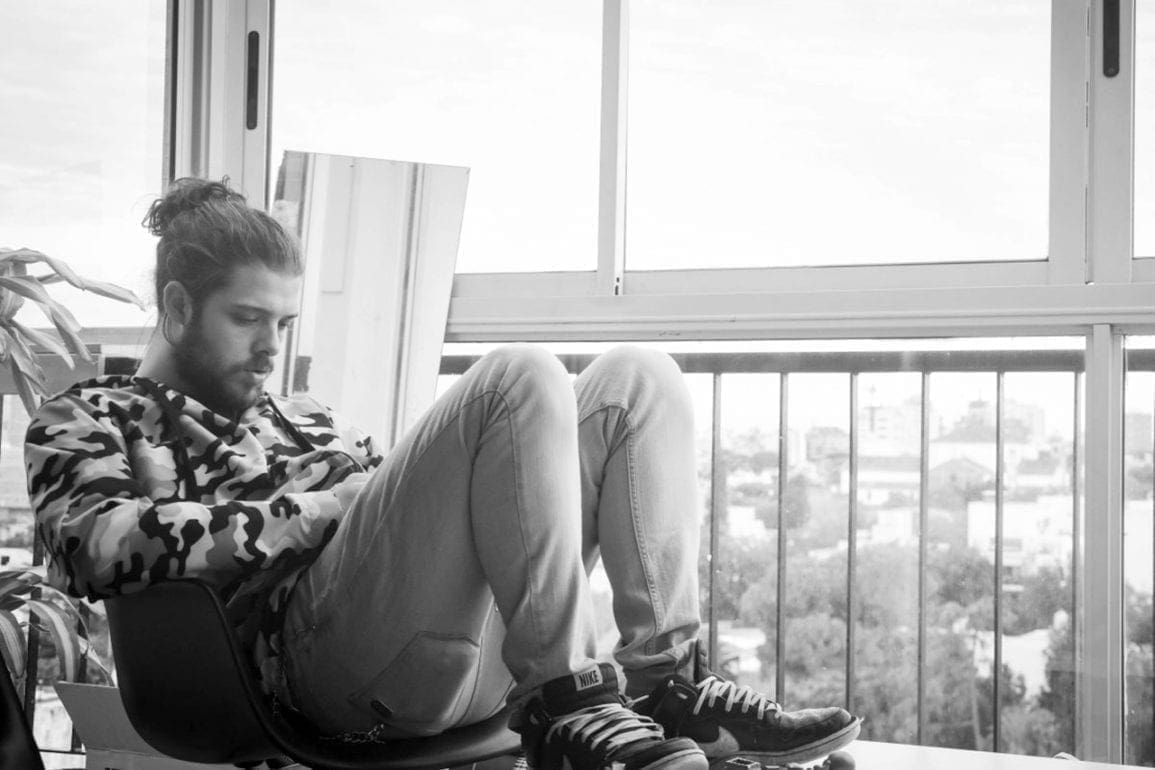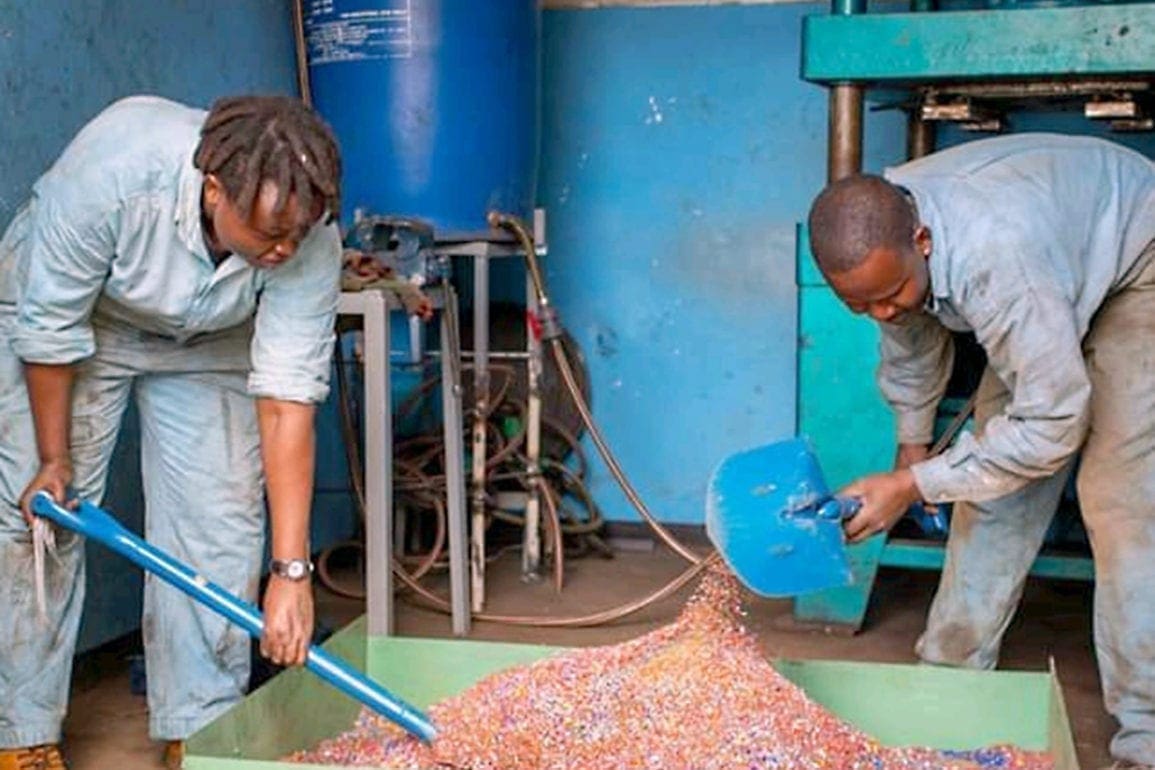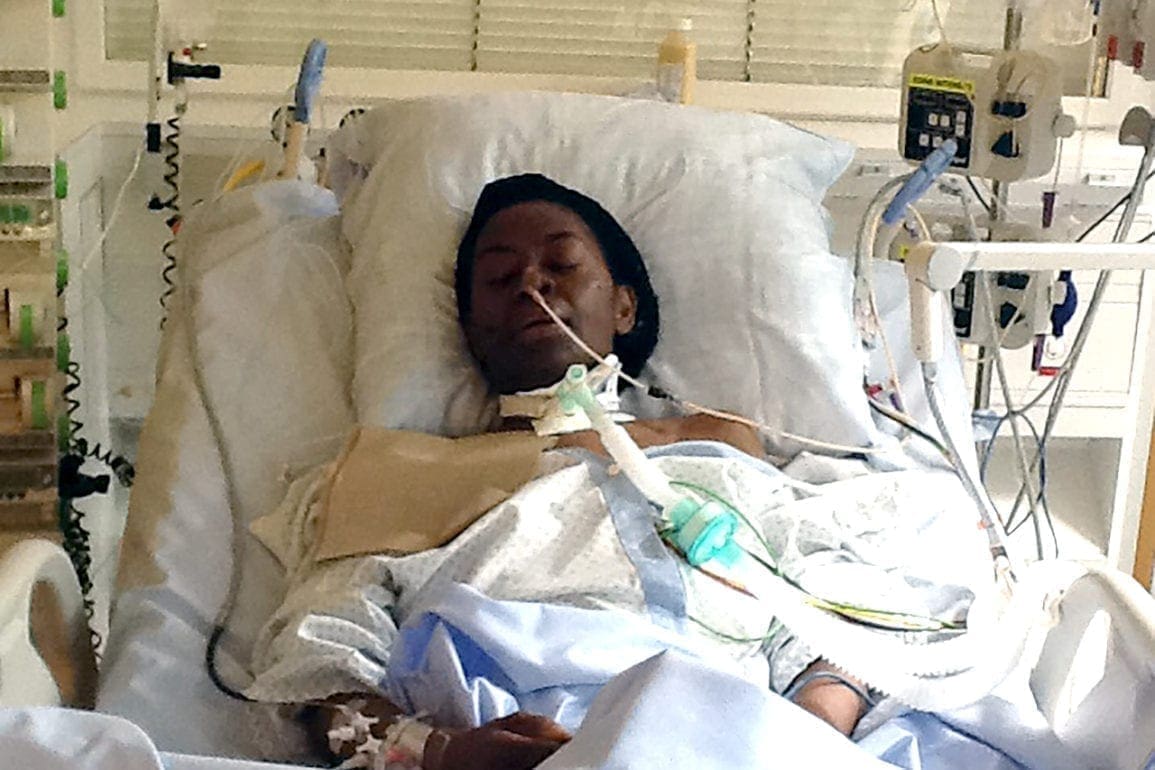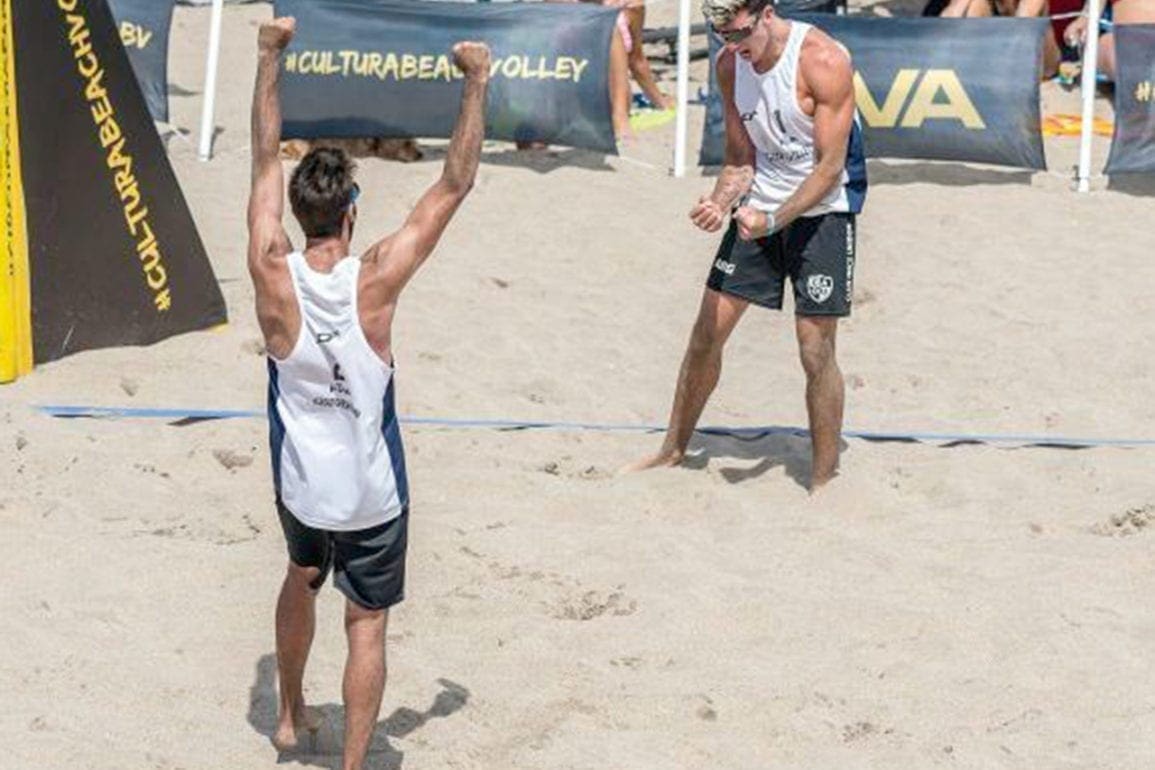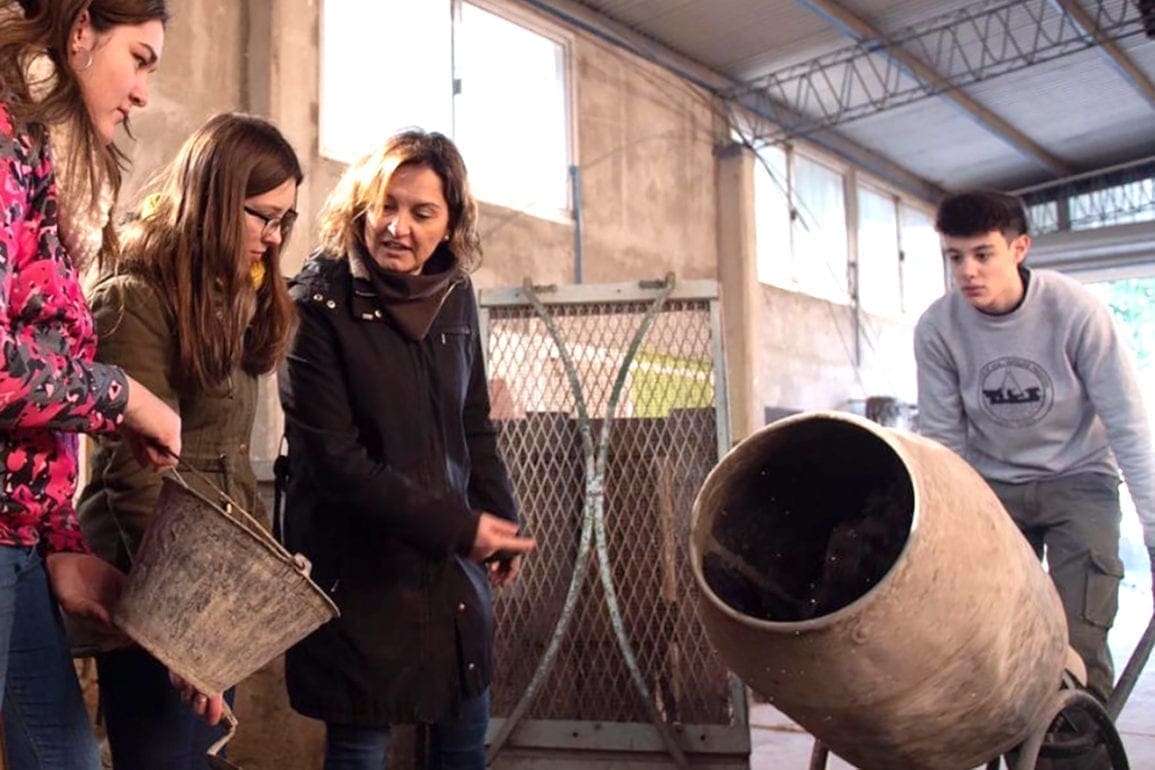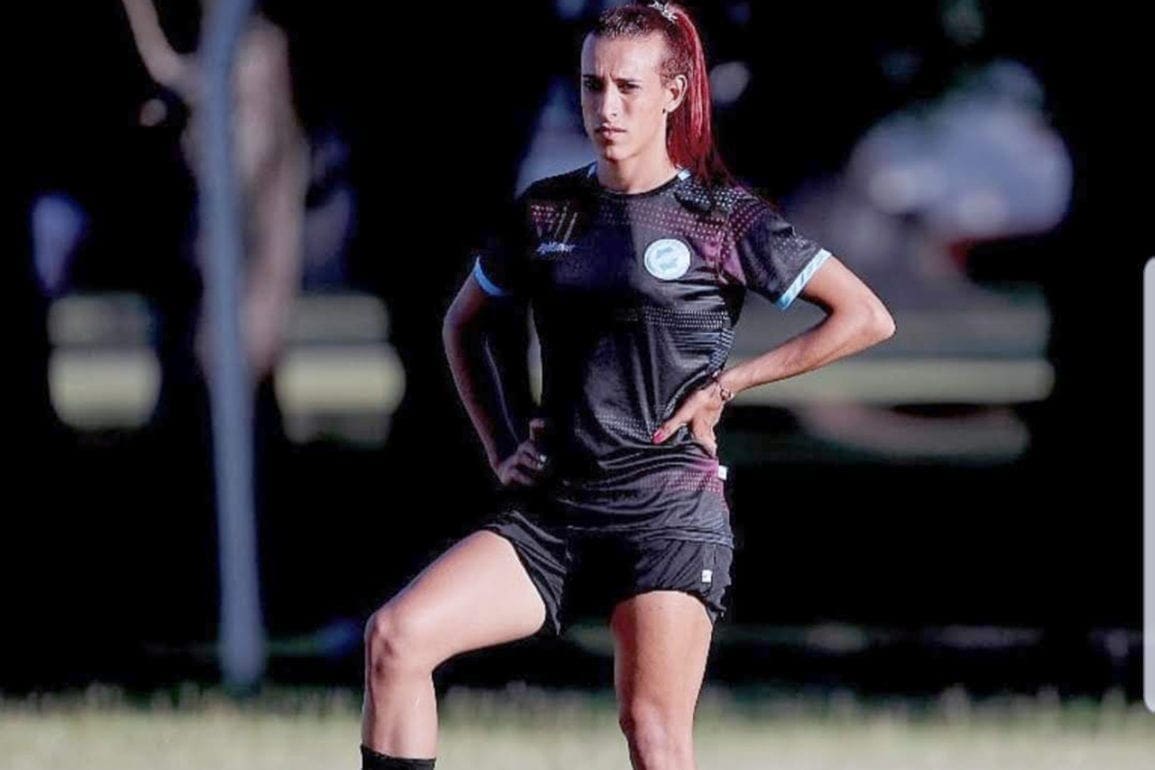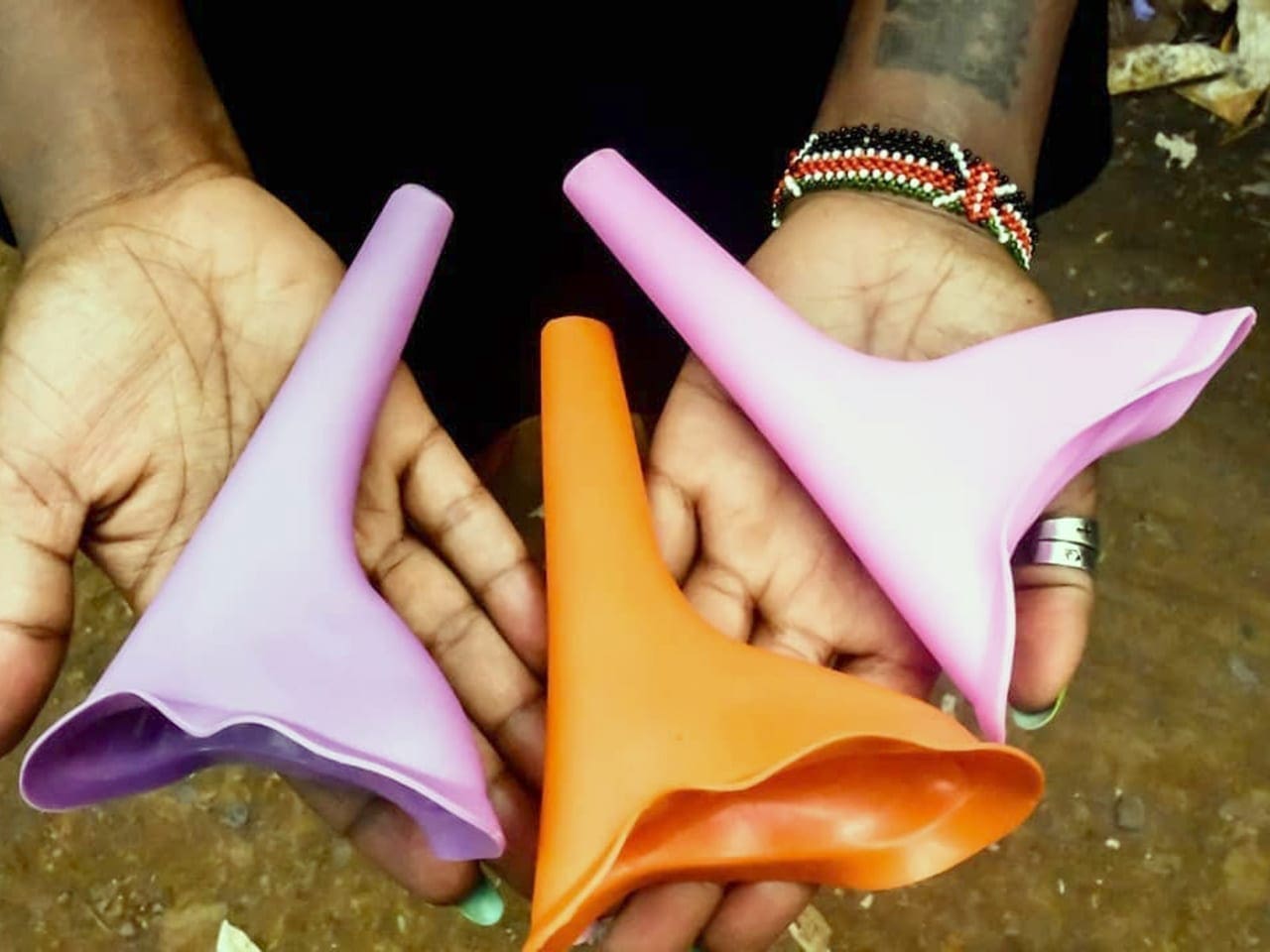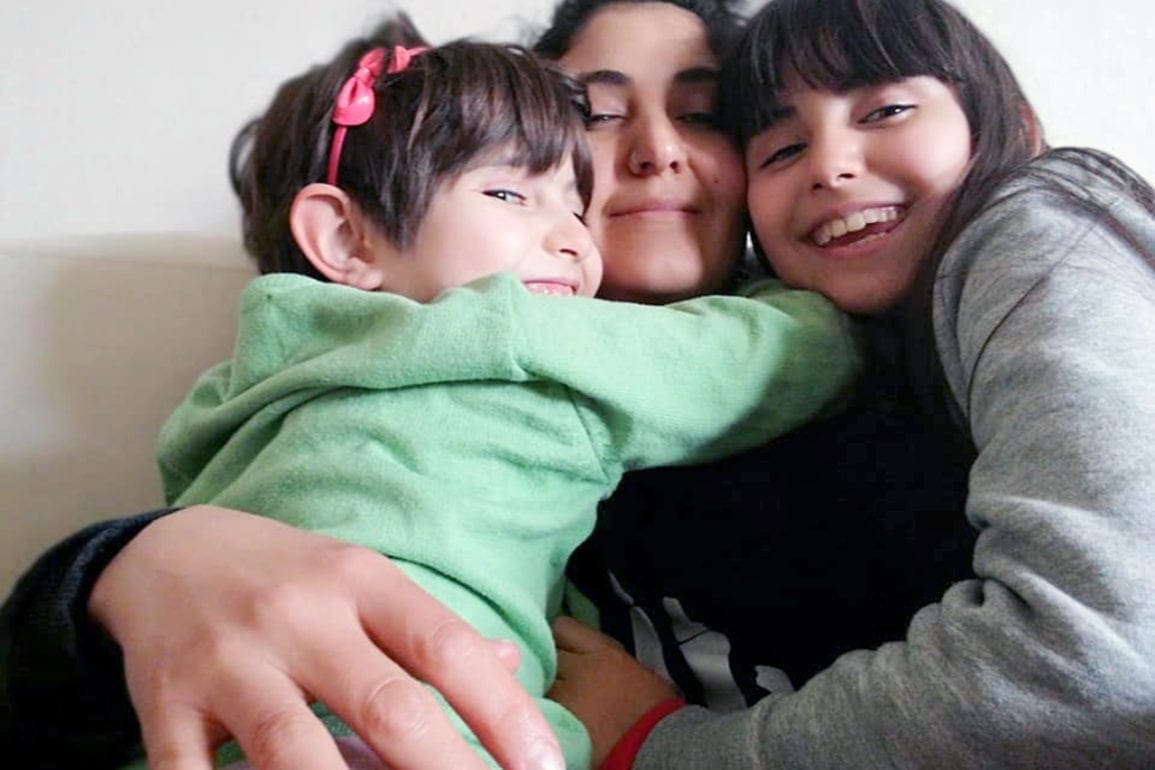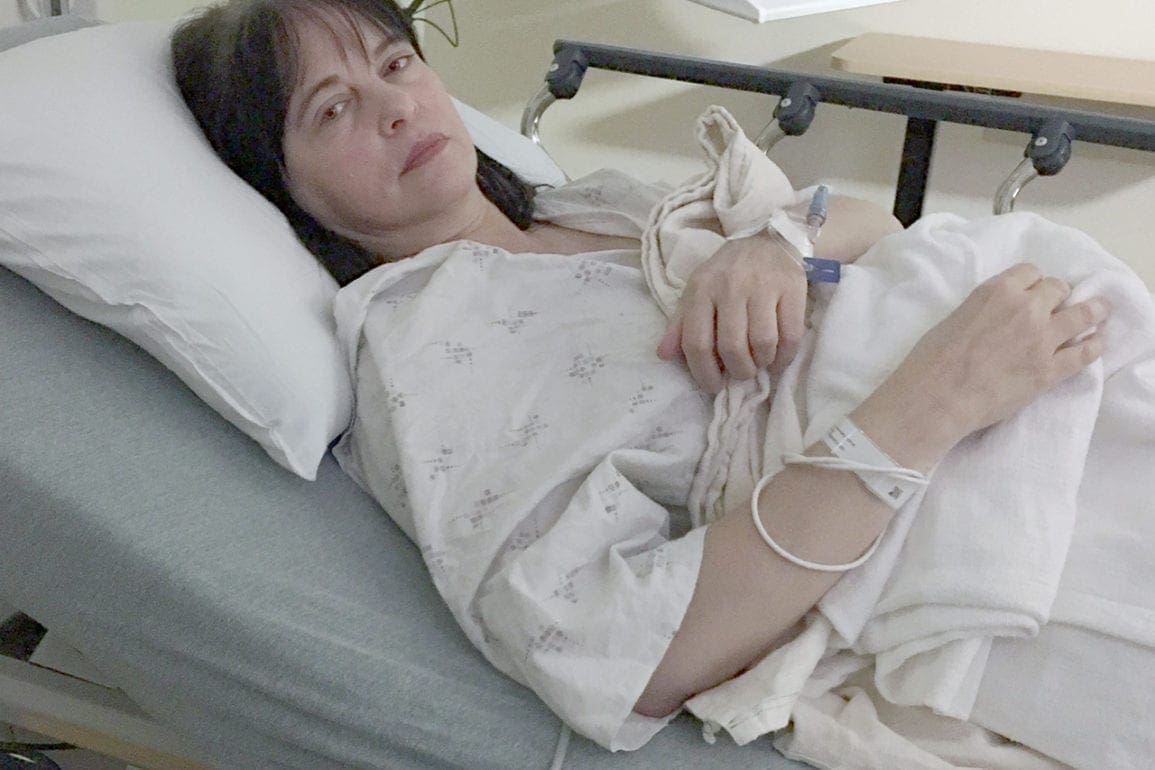New documentary explores unsolved murder of Octavio Romero: military man killed after applying for a same-sex marriage license
I still cannot say who killed him on that fateful day in 2011, or why. When they found his body in the river – the very place he was charged with taking of – the mystery of his death began.
- 8 months ago
November 24, 2023
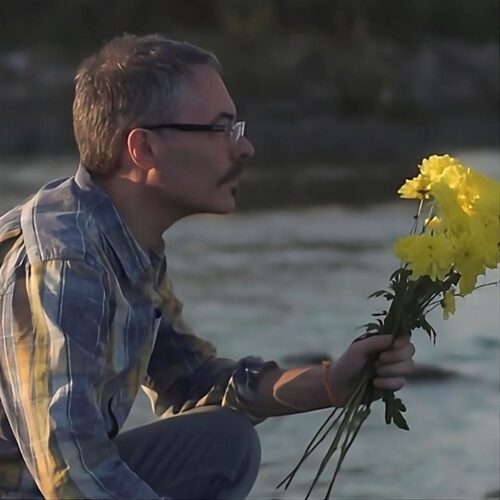
BUENOS AIRES, Argentina ꟷ On Friday, June 17, 2011, at 7:00 a.m., a plain clothes homicide detective took me to the police station to question me about the disappearance of my partner Octavio Romero. My boyfriend of 12 years had been missing for six days. I sat patiently in the waiting room for the officer to return when a news headline on the television screen announced the discovery of a body. They showed images of the La Plata River in a suburb of Buenos Aires. Uniformed officers stood at the scene and the headline announced a disturbing word: murder.
The entire time I knew Octavio, he worked as a non-commissioned officer in Management Control for the Argentina Naval Prefecture – a branch of the military charged with protecting the country’s rivers and maritime territory. He held a position of great responsibility. Sitting in the police station, I had no idea if the news blaring across the tv screen pointed to my boyfriend, and no one confirmed it. Even Octavio’s bosses held back.
Read more Sex & Gender stories from Orato World Media.
At the last minute, I called one of Octavio’s colleagues whom I came to know. This friend confirmed the news I dreaded to hear; they found Octavio’s naked and disfigured body at the river. He had some alcohol in his blood, water in his lungs, and multiple blows to the head. It all happened after Octavio applied for a same-sex marriage license. He was set to be Argentina’s first military staff to take advantage of the 2010 law (Number 26,618) for marriage equality.
Meeting the love of my life
At a nightclub in 1999, a friend of mine pointed to a young man dancing on a platform and said, “That boy is so cute!” I approached Octavio on behalf of my friend and he surprised me when he said, “I don’t like your him; I like you.” We shared a drink and met up again the next day.
Octavio and I got to know each other as the rain poured down around us, and before we left, we shared a passionate kiss. That beautiful moment marked the start of our incredible love story. As we got to know each other, Octavio withheld information about his work in the military, but he eventually confided in me about what he did for a living.
In the course of our 12 years together, Octavio brimmed with a strong desire to explore the world. He studied constantly and made every effort in his life to evolve as a person. We traveled to Brazil and Europe, and walked the streets of Paris. Each time we journeyed out of Argentina, he underwent an intense process with the military.
He would ask permission from authorities and announce his travel destinations, providing all contact information as if the military were his parent, tracking his every move. It felt tedious. After spending so many years together in a relationship, I always assumed the military knew we were a couple. I thought little of it. When we decided to get married under Argentina’s new marriage equality law, Octavio asked my mother for my hand. We represented the very first case of a same sex couple affiliated with the military to take that critical step.
Authorities wasted two years investigating me while Octavio’s murder went unsolved
One day Octavio revealed to me that someone threatened his life. They even went as far as writing insults on a bathroom wall. A faithful servant to the military, Octavio remained secretive and refused to say who threatened him. However, the psychological toll proved immense. Octavio began suffering from a reoccurring nightmare. In this dream, he was drowning, and awoke with blood in his mouth.
I never imagined his dream would become reality. On Saturday, June 11, 2011, Octavio left for a party with friends, but he never arrived. By the next day, I became consumed with anguish. My mother listened as I shared my concerns and recommended that I file a missing person’s report. I went to the station – the same place that housed Octavio’s bosses.
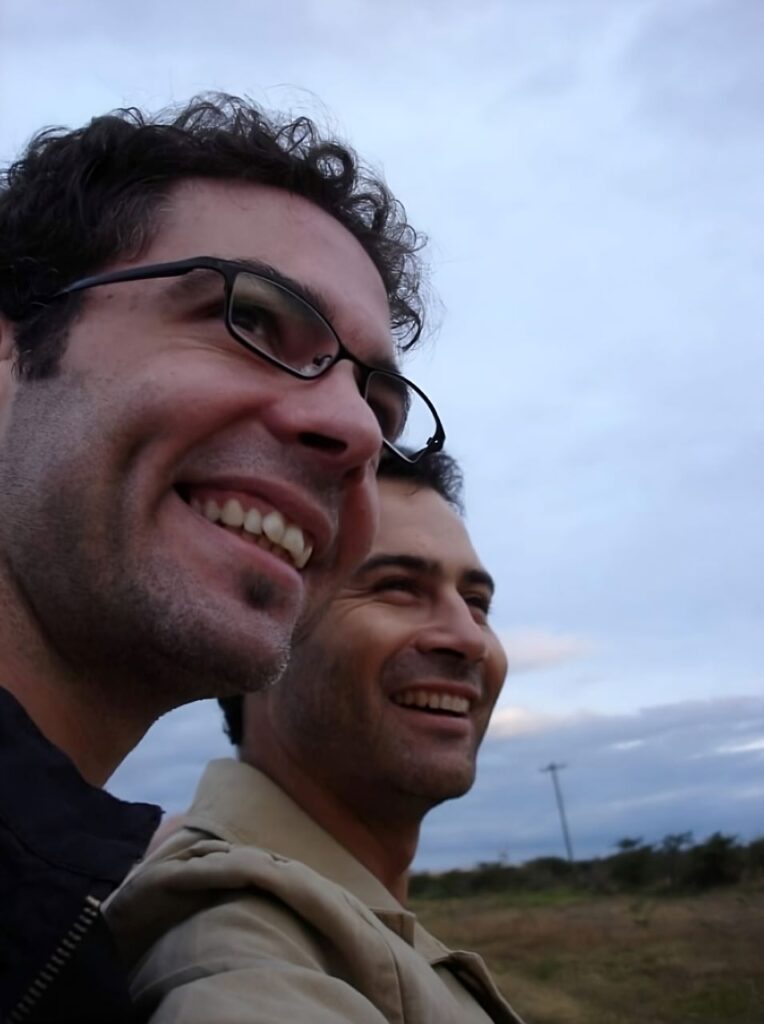
Very early Monday morning, some of his colleagues called the television stations to spread the word. We put up posters throughout the neighborhood and posted information on social media. The entire week, a terrible cold front swept through the streets.
As the investigation ensued, the police arrived and raided my home, searching my car, cameras, cell phones, and computers. As they rummaged through our things, it felt like a form of abuse. In those early days, the authorities seemed to be against me. They refused to listen to my words and while I hoped the investigation would move quickly, it took two years to rule me out as a suspect.
I felt baffled – unable to understand the cause of their concern. By focusing on me, they wasted crucial time. Frustrated by the lack of answers, I joined together with family and friends to march in protest. I took the case to the media, demanding justice for Octavio.
After justice failed, the Inter-American Court of Human Rights stepped in
In 2015, a journalist named Franco Torchia received a report titled, “Oscar Delta Dignity Operation.” The document detailed the kidnapping, torture, and murder of “Oscar,” whom we presumed to be Octavio. A copy of the report also went to the judges in the case, but the military refused to speak.
It detailed a process called “dry waterboarding,” immersing the victim’s head in alcohol to make him drunk – a technique used to extract information. We pushed the court to investigate but they delayed the process so long, we lost crucial evidence. By then, the bathrooms where the perpetrators wrote their threats on the wall had been painted over.
The top leaders above Octavio were appointed to different positions and it seemed as though they were all protecting each other. As the irregularities in the case mounted, we approached the Inter-American Court of Human Rights and finally, in 2022, an agreement was signed before the organization. Argentina recognized the lack of an adequate criminal investigation and the need for international interference.
Amidst this process, I began to receive threats. “You are going to end up like Octavio,” they menaced. Emboldened by the process, I told them to talk. Go to the media and make the situation public, I demanded. They did not. Instead, the men threatening me remained in hiding.
What happened to Octavio?
The unsolved case of Octavio’s murder leaves me with so many questions. However, some good things came out of this nightmare. Today, people in the military no longer have to ask permission to get married, like Octavio did.
We continue our search for justice, while we work hard toward the eradication of violence, so this never happens to another person. Lawyers, the press, and the broader community have clearly called Octavio’s murder a hate crime. We intend to create training manuals on diversity for military schools.
Even more incredible, this year, on Thursday, September 28, 2023, Canal Encuentro (the educational and cultural channel in Argentina) premiered the documentary La Imperdonable Alegría: El Caso Octavio Romera (Unforgivable Joy: The Octavio Romero Case).
On the day of the premier, I cacophony of feelings swept through me. They used videos of Octavio as a boy, and I got to see another layer of who he was in his youth. A beautiful person with a big heart, my fiancé had a great desire to live a full life as he shared positive messages with the world.
I still cannot say who killed him on that fateful day in 2011, or why. When they found his body in the river – the very place he was charged with taking care of – the mystery of his death began. Was it hatred, envy, or jealousy? Did something happen internally that they did not want him to talk about? I may never have the answers, but today I honor Octavio by working to make Argentina a safer place.

